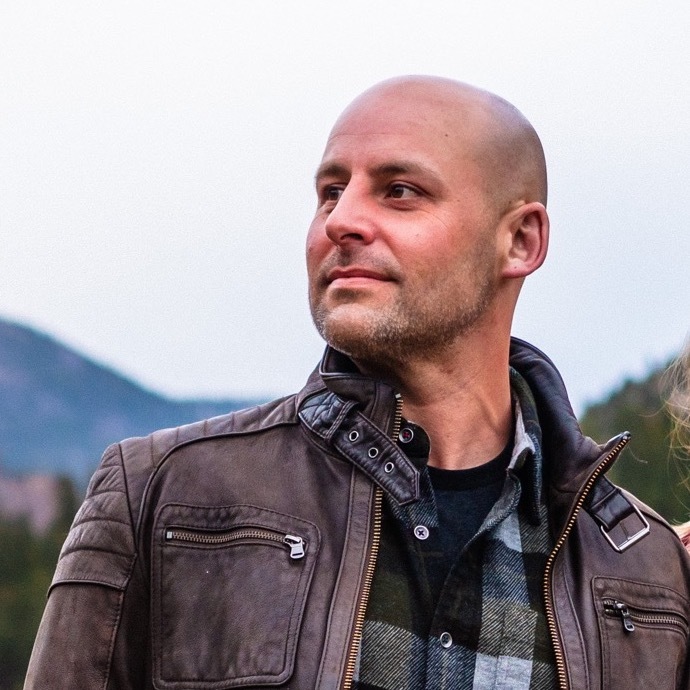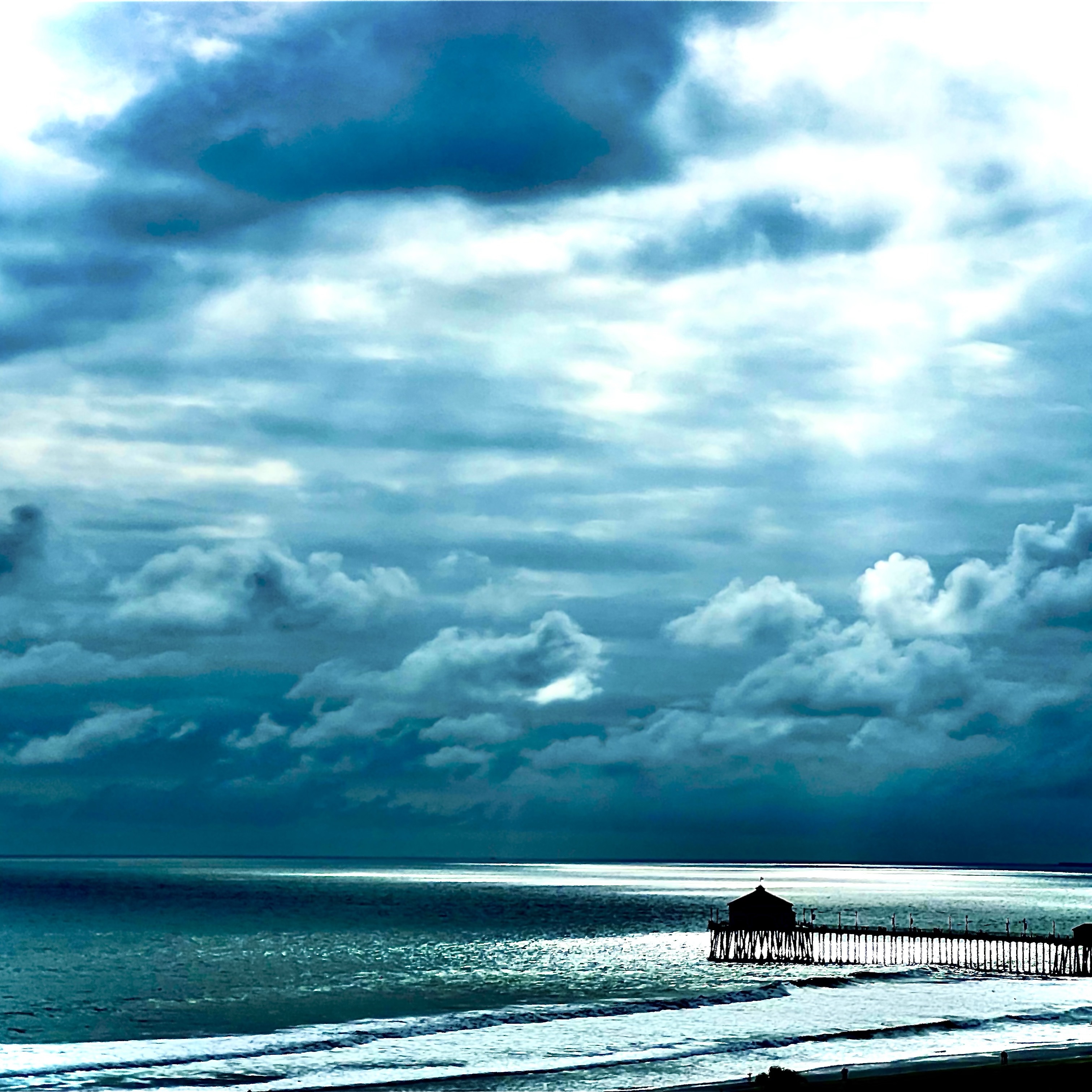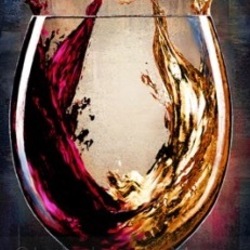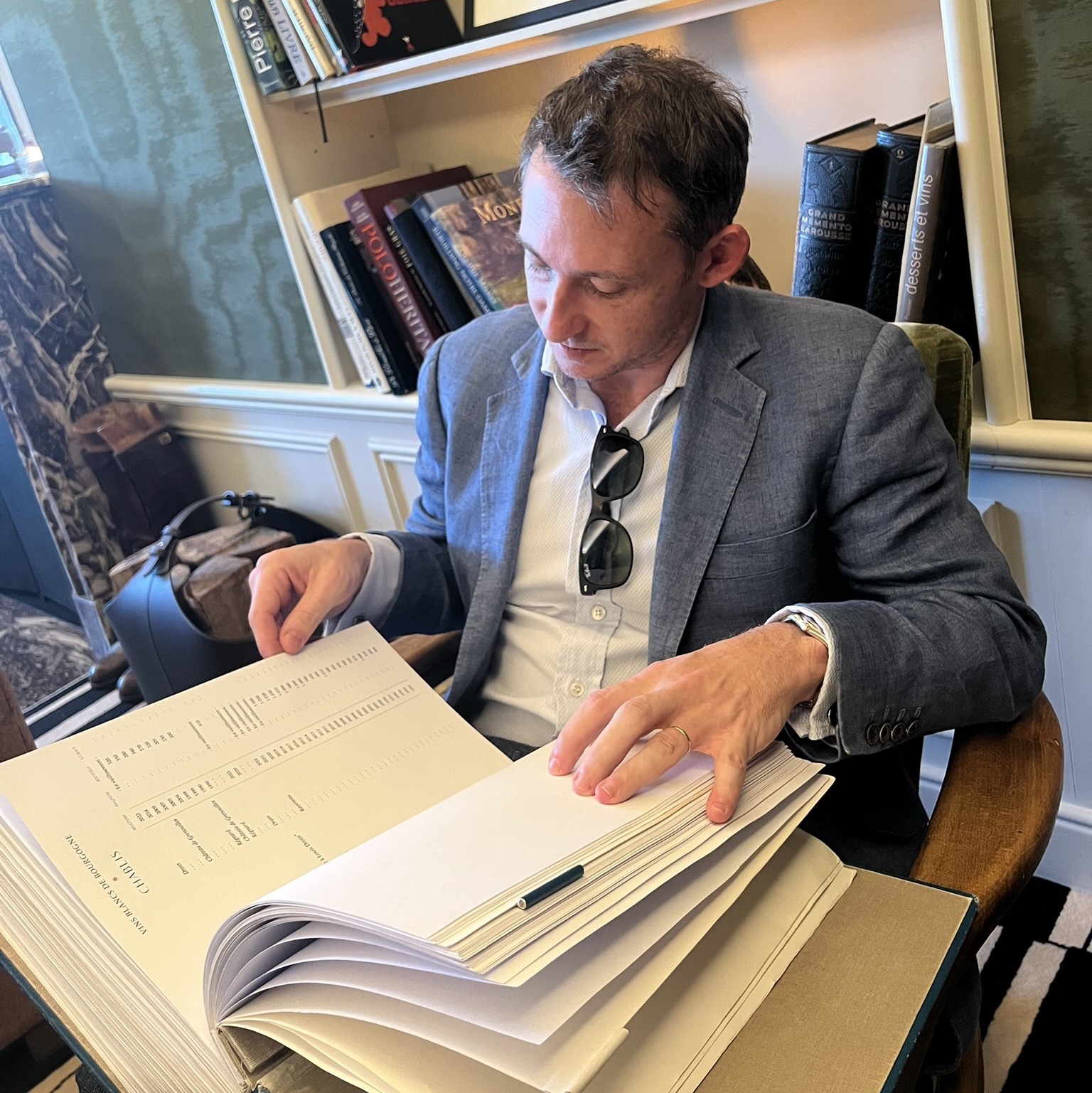Switch Back
Beaulieu Vineyard
Private Reserve Georges de Latour Napa Valley Cabernet Sauvignon 1970
This was back when André Tchelistcheff was making wine for BV. In fact, it’s because of Tchelistcheff that the Georges de Latour Vineyard was bottled separately in the first place. Decanted prior to service; enjoyed over the course of several hours. This bottle of the 1970 pours a garnet color with significant rim variation; medium viscosity with light staining of the tears and signs of sediment. On the nose, the wine is developing with a mix of tart, ripe and dried mostly red fruits: red currants, lingonberries, Bing cherry, tobacco, Poblano pepper, old leather, dry gravelly earth, and warm spices. On the palate, the wine is dry with medium tannin (integrated) and medium+ acid. Confirming the notes from the nose. The finish is medium+. After enjoying the 1981 vintage a couple weeks ago, this is stunning leap in quality. The 1970 is evergreen and stole my heart. Drink now through 2040. — 6 months ago
Opus One
Napa Valley Cabernet Sauvignon Blend 2008
Private Dinner on the beach to celebrate my wife birthday. The Ritz went out of their way to find this 2008 Opus One. Flavors just burst open after decanting. Fruit was smooth with hints of blackberry and cherry. No earthy or leather just smooth fruit front to back. — 9 months ago
Dominus Estate
Dominus Napa Valley Cabernet Sauvignon Blend 2021
Was handed a glass of this and without even knowing anything was incredibly impressed. Thought it to be a French wine too, had no inkling it was Napa Cab. Beautiful purple colors that showcases a robust and complex bouquet of blackberries, dark cherry, tobacco, and chocolate. Has some spices too but they are pinned back by the fruit. Medium tannins with medium+ acids, super smooth and well balanced. Vanilla cola, cedar, black currants and more tobacco and chocolate give it a robust and lively blend. Great finish! — a year ago
Beaulieu Vineyard
Reserve Tapestry Napa Valley Cabernet Sauvignon Blend 1997
Château Mouton Rothschild
Pauillac Red Bordeaux Blend 1966
From back when Mouton was still a Second Growth. Decanted prior to service; enjoyed over the course of several hours. This bottle of the 1966 pours a garnet color with significant rim variation; medium viscosity with light staining and signs of sediment. On the nose, the wine is vinous with notes of ripe and desiccated red and black fruits: cassis, blackberries, green pepper, tobacco, leather, old wood, organic earth and warm spices. On the palate, the wine is dry with medium tannin and medium acid. Confirming the notes from the nose. The finish is medium. This was a good showing for the ‘66 and certainly has life left in it however, there’s no need to hold out. Drink now. — 6 months ago
Château Latour
Premier Grand Cru Classé Pauillac Red Bordeaux Blend 1983
Château Latour is an iconic estate in the Pauillac commune on the left bank of Bordeaux, achieving coveted ‘First Growth’ status in the 1855 Bordeaux Classification.
The estate has roots dating back to the 14th century and derives its name ‘La Tour’ from a fortress tower built during the Hundred Years’ War, which no longer exists but is prominently featured on the label in recognition of its history.
We weren’t sure what to expect, as many have predicted these 1983s are likely past their prime, but this wine was a masterpiece. 🤩
It was medium garnet in color with expressive notes of cedar box, cigar, clove, peat, leather, forest floor, fig, prune, dried black cherry, plum, cassis, blackberry compote, cardamom, cinnamon, star anise, dried violet, potpourri, kalamata olive, pencil shavings, graphite, & bacon fat.
It had the most velvety, fine-grained tannins that washed across the palate with ease, with a gentle but notable acidity that maintained lift and balance. It was concentrated, complex, and had a long, elegant finish. — 7 months ago

Azienda Agricola Fontodi
Flaccianello della Pieve Colli Toscana Centrale Sangiovese 2016
Medium ruby . Quite reserved , spiced red fruits and mineral hints . On the palate this is really concentrated and mineral but really quite young and intense . Lots of high acidity and grippy tannins , very saline and mineral on the long vibrating finish . Come back in 5-10 years and will last well a further 10 . At Vinous Icons NY , Pier 60 , Feb 2025 — 4 months ago
Château Cos d'Estournel
Saint-Estèphe Red Bordeaux Blend 2010
Deep ruby garnet , thin garnet rim . Just beginning to show some development, with grafite tinged , pipe tobacco, cassis , spicy herbal hints and oyster shell notes. On the palate this still comes across as very young , dark cassis , blackcurrant fruit and a very long , detailed mineral and saline length. Sweet but grippy tannin , and fresh acidity. Tobacco and oyster shell return on the long finish . Needs time but has a great future . Come back in 5 -10 years , will last well a further 25 . Apologies for the silly stock photo , don’t think I took one having been so excited by both the 2016 and 2010. A huge , vast improvement on the rather chunky , forced and flat 2009 had at Vinous Icons Miami in Nov 2024. At Vinous Icons NY , Pier 60 , Feb 2025. — 4 months ago
Château Musar
Bekaa Valley Red Blend 2006
It is customary for the wines of Chateau Musar to be released seven years post-vintage. However, in 2013, the decision was made to hold the vintage back. 2006 was unusual for two reasons. The first, were the cool climatic conditions in the Bekaa; the likes of which had not been seen since the 1950’s. There was a two-week period in winter where the valley was blanketed in snow and mild temperatures remained in effect throughout much of the growing season. The second was much more tragic: 2006 was a war year in Lebanon. On July 12th of that year, Israel and Hezbollah engaged in a bloody conflict that lasted (officially) a little over a month. Sadly, thousands of lives were lost. In 2017, eleven years after harvest, the 2006 vintage was deemed ready for release.
Poured into a decanter about 90min prior to service. The 2006 pours a deep garnet color with a near opaque core; medium+ viscosity with moderate staining of the tears. On the nose, the wine is developing with notes of black cherry, blackberries, black currants, tobacco, horse blanket, leather, some red and purple flowers, dried herbs and Eastern spices. On the palate, the wine is dry with medium+ tannin and medium+ acid. Confirming the notes from the nose. The finish is long and absolutely delicious. A triumph and perfect with lamb chops. Drink now through 2046+.
How Chateau Musar endures to make wines from the Bekaa remain one of the great examples of human grit and determination available in the world of wine. Frankly, it’s a minor miracle this vintage ever made it to the winery. — 7 months ago












Scott@Mister A’s-San Diego
1989 vintage. From a 375ml. Opened not decanted. Great top shoulder fill. Used a Durand. Pristine cork. Throwing slightly less sed than anticipated. Dusty and earthy nose. Tasted 30 minutes and 1 hour after opening. Light-medium body throughout. Front palate a bit thin and watery but back end had some gamey/meaty notes intertwined with dirt clods. Despite the descriptors, maintained elegance for the duration. Seems to be holding the line here for a spell in the 375ml format. 10.17.25. — 2 months ago